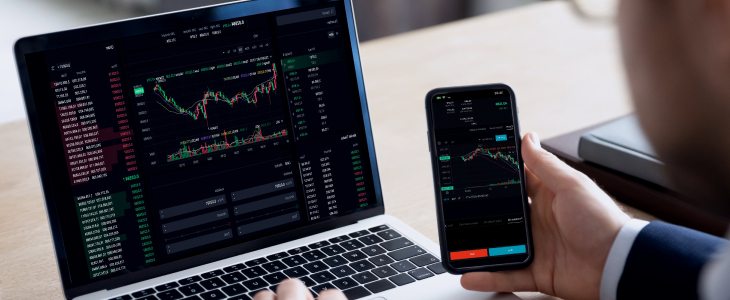
Mastering Forex Trading: A Guide to Effective Trading Classes
In the dynamic world of finance, forex trading stands out as an alluring opportunity for both novice and expert traders. The foreign exchange market, known as Forex, is one of the largest and most liquid markets in the world, with billions of dollars being traded daily. However, navigating this market requires a solid understanding of various trading concepts, technical analysis, and risk management. This is where forex trading classes come into play. By enrolling in a reputable trading class, you can gain valuable insights, improve your trading skills, and enhance your overall understanding of the market. If you’re eager to embark on this journey, consider exploring courses that can guide you, such as those offered at forex trading classes https://islamic-fxtrading.com/.
Why Take Forex Trading Classes?
The forex market operates 24 hours a day, five days a week, and involves multiple currencies being traded against each other. This volatility presents both opportunities and risks, making education paramount. Here are some key reasons why taking forex trading classes is beneficial:
- Structured Learning: Classes offer a structured curriculum that covers the essential aspects of forex trading, such as market fundamentals, technical analysis, and trading psychology.
- Expert Guidance: Instructors often have years of experience in the industry, providing valuable insights and real-world examples that books and online articles cannot match.
- Community Support: Joining a class often means joining a community of like-minded individuals who are on the same learning journey, allowing for networking and exchange of ideas.
- Practical Application: Many classes include practical trading sessions where you can apply theoretical knowledge in a controlled environment, helping to solidify your understanding.
- Risk Management: Learning how to manage risks is crucial in trading. Classes often teach strategies to protect your capital while maximizing potential gains.
What to Look for in a Forex Trading Class
Not all forex trading classes are created equal. Here are some factors to consider when choosing a class that suits your needs:
- Reputation: Research the instructor’s background, and look for reviews and testimonials from former students to gauge the effectiveness of the course.
- Curriculum: Ensure the curriculum covers a broad range of topics, including technical analysis, trading psychology, and risk management strategies.
- Accessibility: Consider whether the class is offered in-person or online, and choose a format that fits your schedule and learning preferences.
- Support and Resources: Check if the class provides ongoing support, such as access to a trading community, forums, or additional resources after the course ends.
- Cost: Different classes have different price points. Evaluate the cost in relation to the content offered and the value you’re likely to gain.
Types of Forex Trading Classes
Forex trading education can come in various formats. Here are some common types of forex trading classes you might encounter:
1. Beginner Classes
These classes are designed for those who are new to forex trading. They typically cover fundamental concepts like currency pairs, pips, and leverage, providing a solid foundation for further learning.
2. Advanced Classes
For traders with more experience, advanced classes dive deeper into technical analysis, market indicators, and sophisticated trading strategies to enhance trading proficiency.

3. Workshops and Webinars
Many trading educators offer workshops or webinars that focus on specific topics or strategies. These can be great for gaining in-depth knowledge in a short time frame.
4. Mentorship Programs
Some traders seek one-on-one mentorship from experienced professionals. This personalized guidance can provide valuable insights and tailored feedback on your trading strategies.
Online vs. In-Person Trading Classes
The rise of online education platforms has made it easy to access forex trading classes from anywhere in the world. Here are some pros and cons of each method:
Online Classes
Pros: Flexibility, accessibility, often lower costs, and a wide variety of courses.
Cons: Can lack personal interaction, may have varying levels of engagement.
In-Person Classes
Pros: More opportunity for networking, direct interaction with instructors, and hands-on learning experiences.
Cons: Typically more expensive and may require travel commitments.
Conclusion
Forex trading can be a lucrative venture for those willing to invest the time and effort to learn. By enrolling in forex trading classes, you can gain critical knowledge and skills required to navigate the forex market confidently. Remember to do your research and choose a class that aligns well with your learning style and trading goals. With the right education and a commitment to continuous learning, you can enhance your trading abilities and work towards becoming a successful forex trader.

Recent Comments